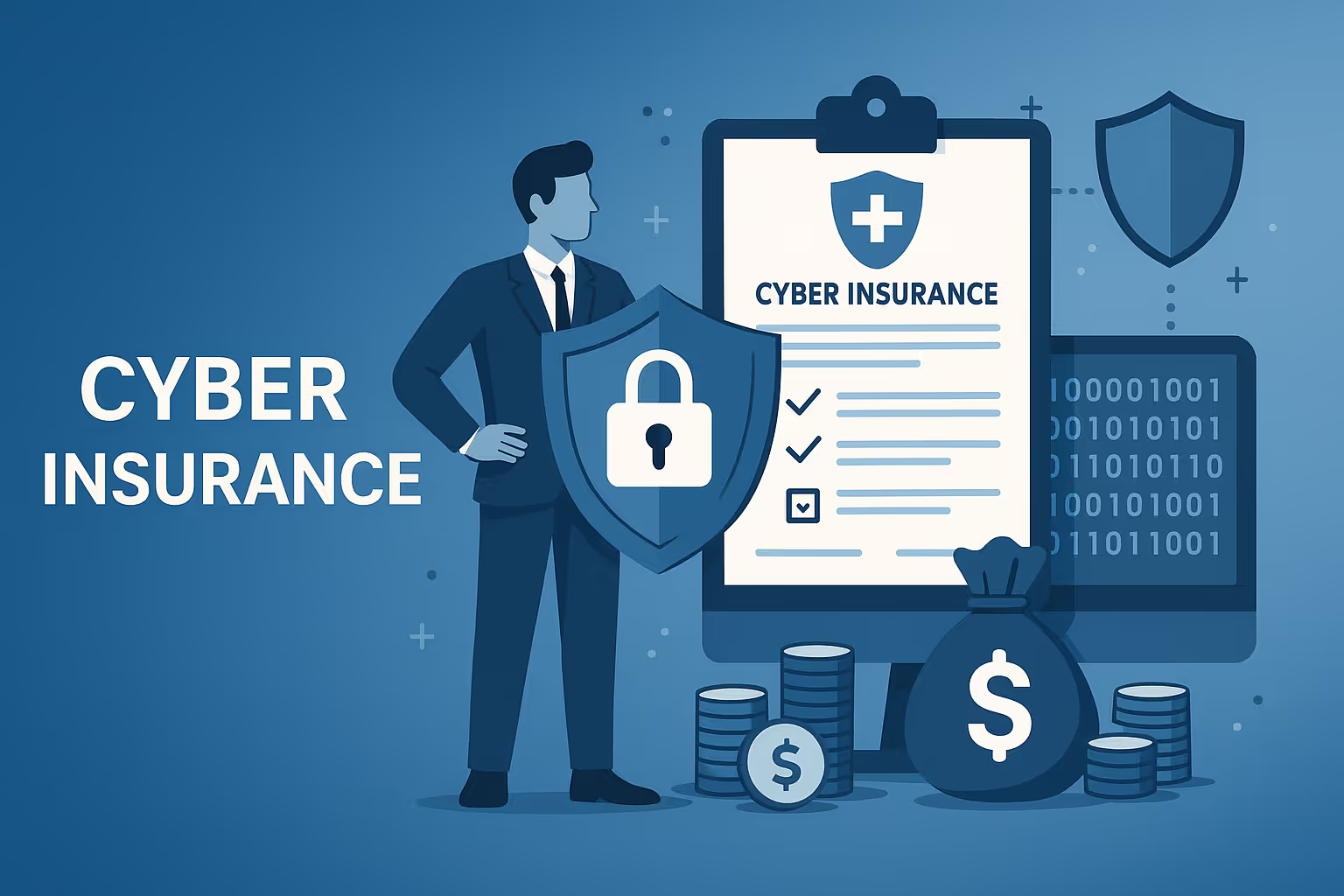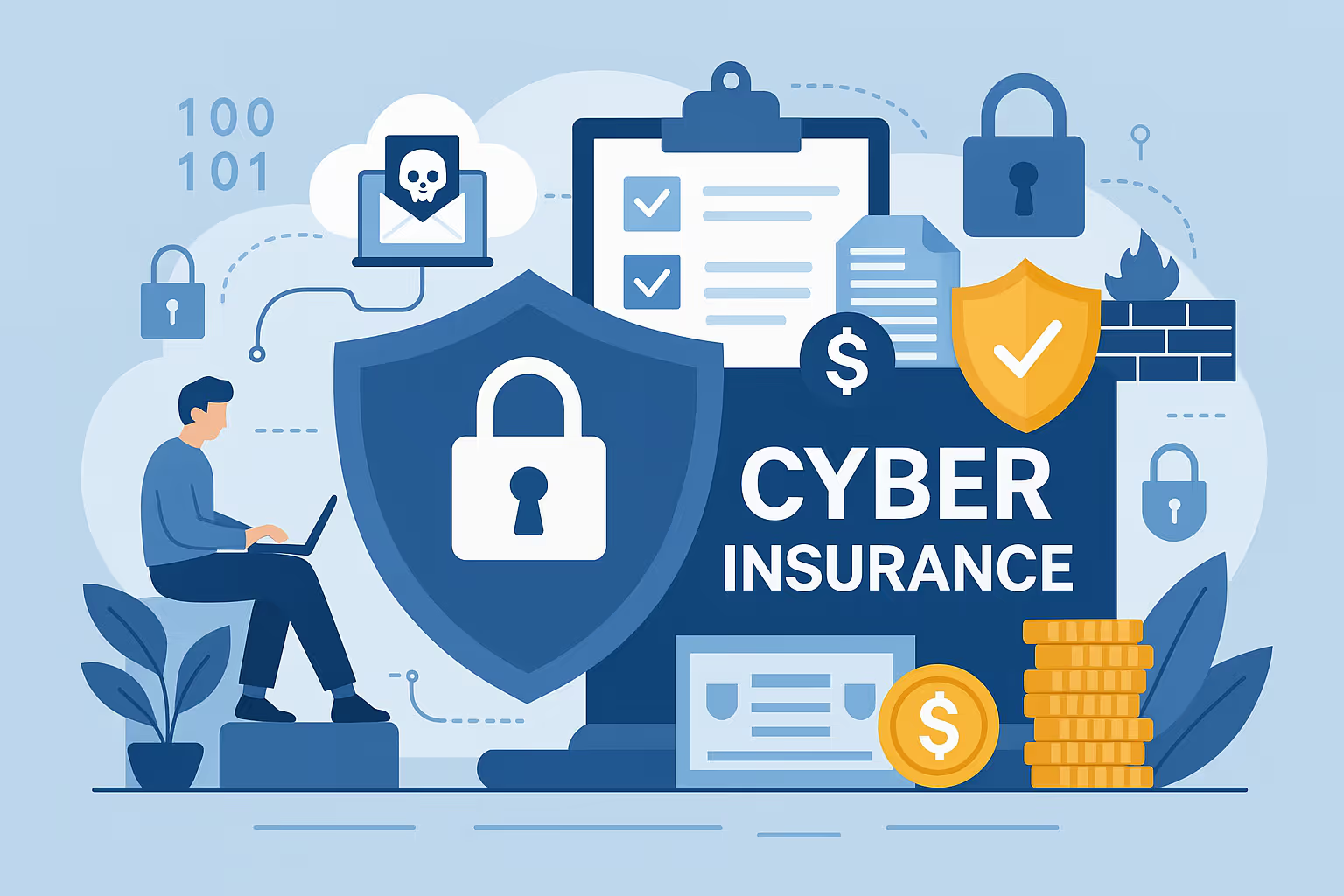
How to get...
Obtaining cyber insurance for Transportation / Logistics companies in the United States involves a targeted process designed to address the specific challenges of this sector. Below is a detailed yet accessible guide:
Following these steps ensures that your company not only understands how to get cyber insurance for Transportation / Logistics but also builds a credible profile that insurers recognize and reward.

Who provides...
Key factors to evaluate when choosing these cyber insurance providers for Transportation / Logistics in the United States include:


Why need...
In the Transportation / Logistics sector, cyber insurance for Transportation / Logistics in the United States is essential due to the increasing reliance on digital systems and interconnected networks. This reliance creates vulnerabilities that can lead to serious cyber risks, financial losses, legal liabilities, and damage to a company's reputation. Key risks include:
Cyber insurance for Transportation / Logistics offers protection by covering costs related to incident response, legal fees, regulatory fines, and recovery expenses. This coverage helps mitigate financial and operational damages, ensuring business continuity while addressing liabilities. It also provides specialized support services, such as forensic investigations and customer notification assistance, designed specifically for the industry's needs.
Cyber insurance coverage for Transportation / Logistics includes protection for expenses arising from unauthorized access to confidential operational data, personally identifiable customer and employee information, and shipment details. This coverage addresses:
This is vital for Transportation / Logistics organizations, where sensitive data—from routing algorithms to client records—can be exploited, potentially interrupting operations and damaging reputations. It directly supports financial security and regulatory compliance in a sector where timely data integrity is essential for maintaining safe, on-schedule transit services.
Cyber insurance coverage for Transportation / Logistics extends to business interruption, covering loss of income and extra expenses when cyber events disrupt operations. Key inclusions are:
This coverage mitigates the operational disruption that can cascade through transit networks, ensuring continuous service and safeguarding the firm's financial stability. It is particularly relevant when critical scheduling and logistics systems are compromised, impacting the delivery of goods across the nation.
Cyber insurance coverage for Transportation / Logistics encompasses cyber extortion and ransomware that threaten to cripple digital operations. This policy includes:
Given the reliance on integrated digital tracking and automated logistics systems, this coverage is crucial. It minimizes operational downtime and financial losses, ensuring that ransom demands do not escalate to a severe disruption of critical transportation networks.
Cyber insurance coverage for Transportation / Logistics also includes regulatory defense, providing financial support for legal challenges and fines related to cyber incidents. This option covers:
This is particularly important for Transportation / Logistics companies which operate under stringent federal and state regulations. It ensures compliance and protects against expensive penalties that could otherwise disrupt operational continuity and erode profit margins.
Build Security with OCD Tech That Meets the Standard — and Moves You Forward
Contact Us
Cyber insurance sets security standards. Underwriting reviews U.S. transport risks. Protects cargo and data.
Cyber insurance requirements for Transportation / Logistics typically start with a detailed risk assessment that identifies vulnerabilities within fleet management systems, supply chain networks, and data exchanges. Insurers expect clear documentation of potential cyber threats, risk exposure, and mitigation measures specific to the transportation sector.
Secure Your Business with Expert Cybersecurity & Compliance Today
Contact Us


Differences by State...
This state-specific approach ensures that Transportation / Logistics companies secure policies that are tailored to their operational geography, thereby optimizing their protection while meeting local regulatory mandates.

Compliance & Frameworks...

Audit. Security. Assurance.
IT Audit | Cybersecurity | IT Assurance | IT Security Consultants – OCD Tech is a technology consulting firm serving the IT security and consulting needs of businesses in Boston (MA), Braintree (MA) and across New England. We primarily serve Fortune 500 companies including auto dealers, financial institutions, higher education, government contractors, and not-for-profit organizations with SOC 2 reporting, CMMC readiness, IT Security Audits, Penetration Testing and Vulnerability Assessments. We also provide dark web monitoring, DFARS compliance, and IT general controls review.
Contact Info
.svg)
OCD Tech
.svg)
25 BHOP, Suite 407, Braintree MA, 02184
.svg)
844-623-8324
.svg)
https://ocd-tech.com
Follow Us
Videos
Check Out the Latest Videos From OCD Tech!
Services
SOC Reporting Services
– SOC 2 ® Readiness Assessment
– SOC 2 ®
– SOC 3 ®
– SOC for Cybersecurity ®
IT Advisory Services
– IT Vulnerability Assessment
– Penetration Testing
– Privileged Access Management
– Social Engineering
– WISP
– General IT Controls Review
IT Government Compliance Services
– CMMC
– DFARS Compliance
– FTC Safeguards vCISO